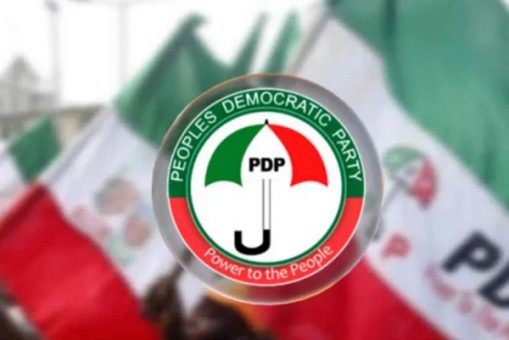
The Peoples Democratic Party (PDP) is facing what many are calling an existential crisis following the confirmed exit of some of its most prominent founding members and political heavyweights, including former Vice President Atiku Abubakar and ex-Senate President David Mark.
This political shake-up comes on the heels of a high-level meeting held in Abuja on Tuesday, where a group of PDP leaders—dubbed the Concerned Party Leaders—announced plans to align with a broader coalition, aimed at offering Nigerians an alternative political movement ahead of the 2027 general elections.
Atiku Abubakar, leading the charge, is joined by influential party figures such as former Jigawa State Governor Sule Lamido, former Governors Aminu Tambuwal (Sokoto), Babangida Aliyu (Niger), Liyel Imoke (Cross River), and Sam Egwu (Ebonyi). The move signals a major blow to the PDP, which has struggled to maintain internal cohesion since its loss in the 2023 presidential election.
Despite recent assurances by the party’s National Executive Council (NEC) that internal disputes had been resolved, the exodus paints a starkly different picture. At Monday’s NEC meeting, Acting National Chairman Umar Damagum announced the reaffirmation of Senator Samuel Anyanwu as the party’s National Secretary—a decision that has only deepened internal divisions.
Critics argue that the PDP has failed to fulfill its role as a viable opposition party. Dr. Sani Abubakar, a political analyst, described the latest defections as long overdue, citing the party’s leadership crisis and the alleged dominance of individuals with conflicting loyalties—particularly Federal Capital Territory Minister Nyesom Wike—as root causes of its decline.
“If the PDP had provided the kind of credible opposition the APC once offered while out of power, Nigeria’s political landscape would be in a much better shape,” Abubakar told DAILY POST. “The party has been hijacked by individuals who are PDP by day and APC by night.”
Eze Chukwuemeka Eze, a chieftain of the All Progressives Congress (APC) and former spokesman of the defunct new PDP, emphasized that Atiku has not officially resigned from the party. Rather, he said, the former Vice President and his allies intend to “collapse the PDP mainstream” into a broader coalition under the African Democratic Congress (ADC), potentially rebranding their movement while maintaining their political base.
“Atiku remains the ideological engine of the PDP. But faced with the internal sabotage led by Wike and others, this coalition strategy is necessary to rescue Nigeria from further decay under the APC,” Eze explained.
This strategic shift comes against the backdrop of Atiku’s long and storied quest for the presidency. Since 1993, he has contested six primary elections across different political platforms, including the SDP, PDP, AC, and APC. He served as Vice President from 1999 to 2007 under President Olusegun Obasanjo and has remained a central figure in Nigeria’s political evolution.
Despite his repeated losses in presidential elections, Atiku has retained a strong following and remains a formidable political force. His latest move, in collaboration with other party stalwarts, signals a new phase in Nigeria’s opposition politics—one that could reshape the 2027 electoral landscape.
With the PDP increasingly divided and defections mounting, political observers say the coming months will be critical in determining whether this new coalition can unify disillusioned opposition figures and present a credible challenge to the ruling APC.




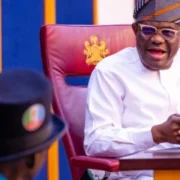
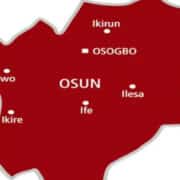

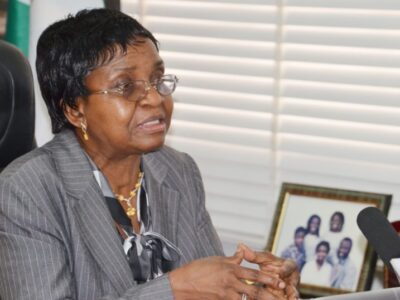
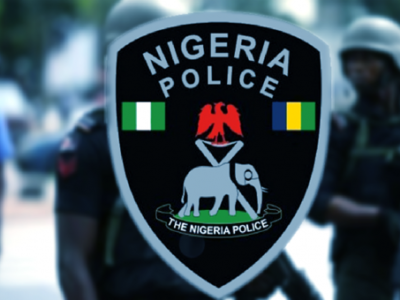
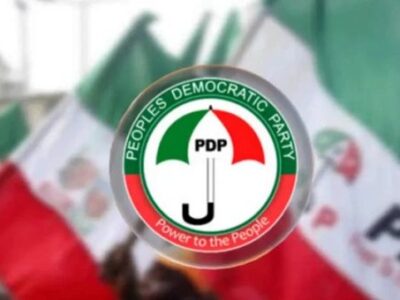










Comments